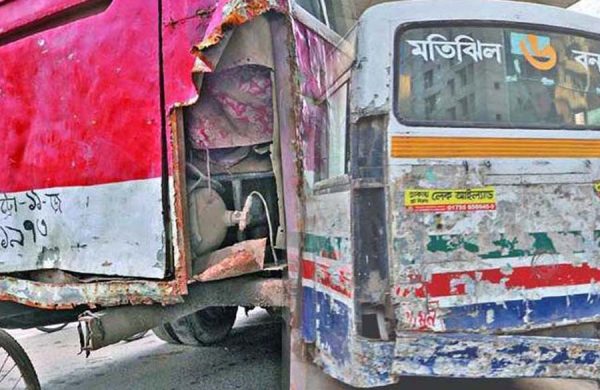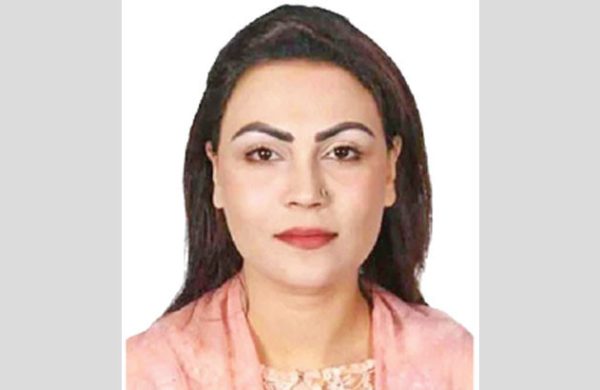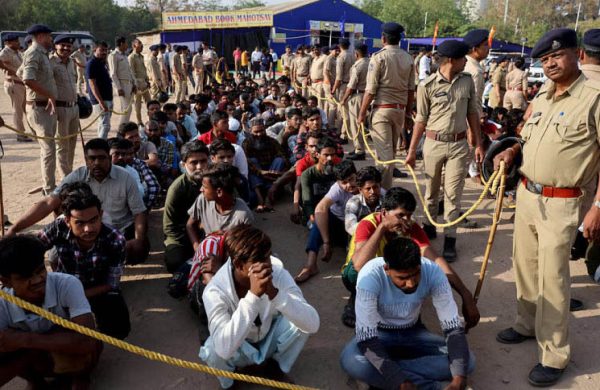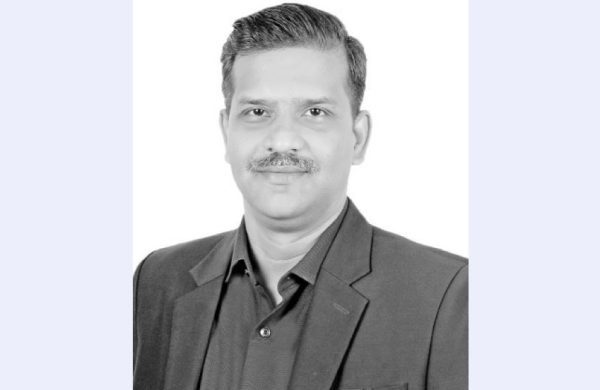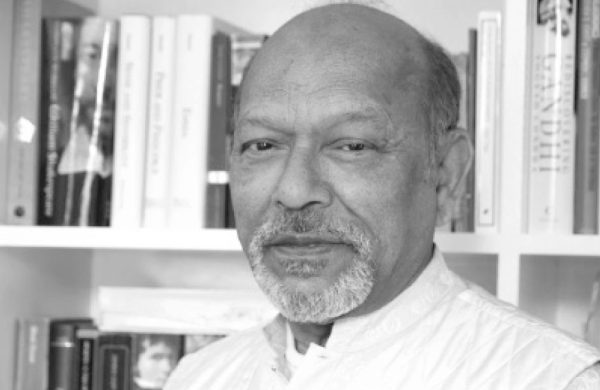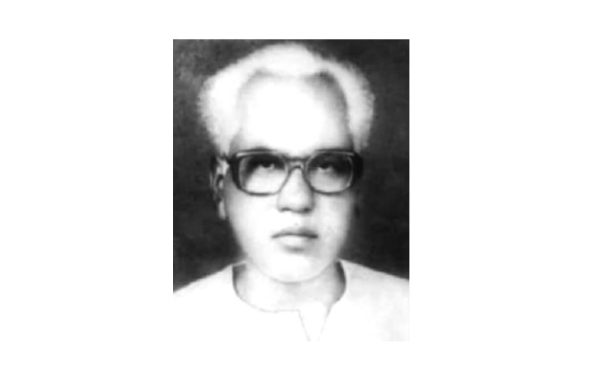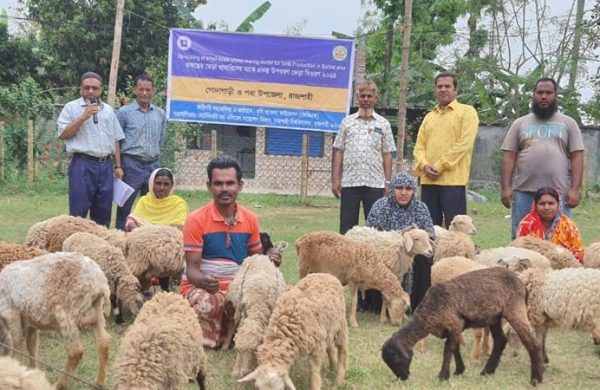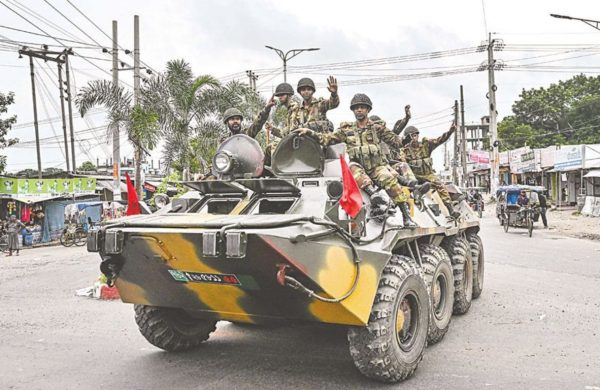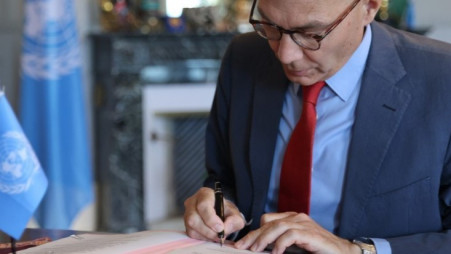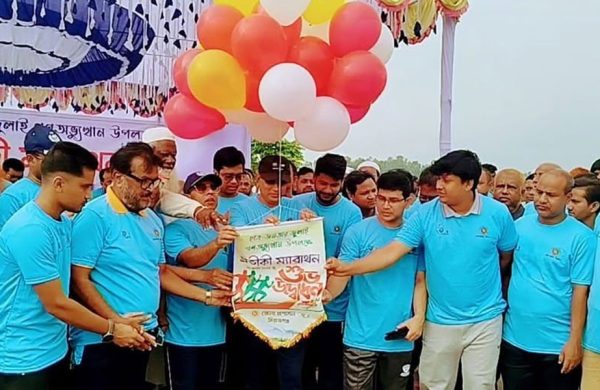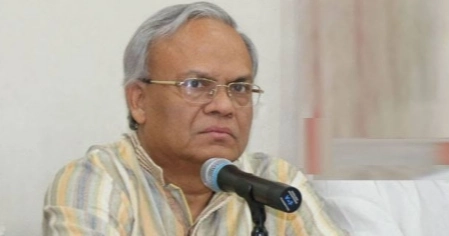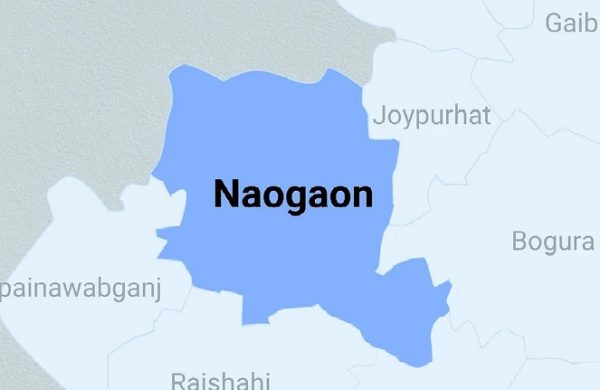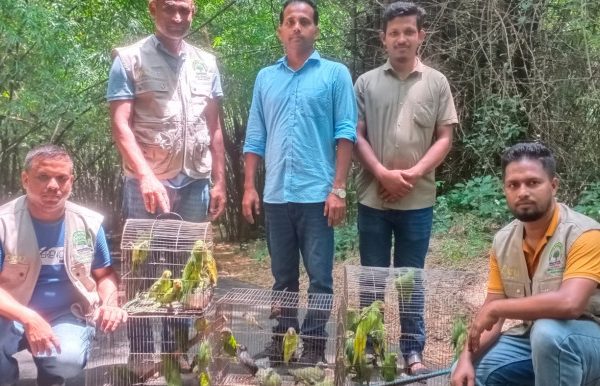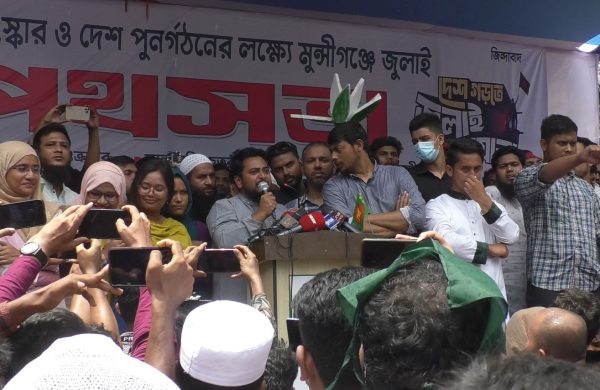Consolidating Victory of the Recent Mass Uprising
- Update Time : Sunday, August 18, 2024
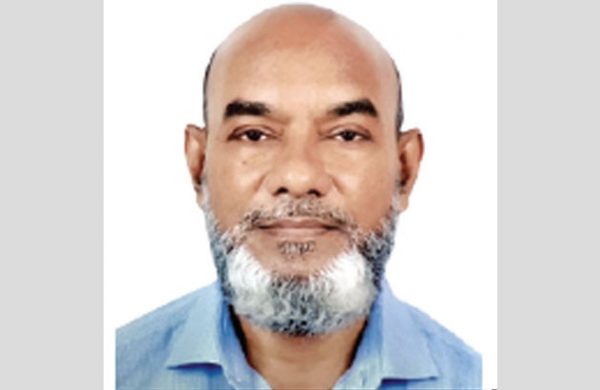
–Mohammad Ayub Ansary–
The role and sacrifices of the students who formed and led the Anti-discriminatory Student Movement, despite severe intimidation, numerous killings, brutal torture, and widespread abductions, represent one of the most glorious events in the history of the Bengali people. At least 650 people have been killed and thousands injured with major disability. It needs an effort to take statistics of the fatalities from across the country. The significance of this event should be recognised by the nation promptly and adequately.
To honour the martyrs and those injured in the movement, swift action is required to bring the killers, instigators and perpetrators to justice. Special recognition and support should be provided to the families of the victims, both killed and injured. This movement deserves to be acknowledged in the National Constitution, integrated into the educational curriculum, and included in the core documents of all public and private organisations.
A memorial inscribed with the names of the killed and injured should be erected on the DU campus. Special recognition should also be given to the coordinators who, despite being illegally detained and brutally tortured by police, refused to compromise. By doing so, the nation will not only honour the bravery and sacrifices of these heroes, but it will also inspire future generations to stand up for justice and truth.
A 21-member interim government has been formed with the Nobel Laureate Dr. Muhammad Younus in the lead. All other members, including two coordinators from the students, are justifiably suitable and brilliant individuals. Dr Yunus immediately after taking the oath congratulated the nation and the students of the movement for toppling the autocratic government. He denounced the brutality and massacres carried out on the students together with rampant damage to property. He urged everyone to start working together to advance in a free and fair environment.
Interim government leads the country temporarily devoting itself formulating a mechanism for a free and fair general election creating a level playing field for all. As evident, the composition of the interim government is a vibrant one uniting youth and experienced with charismatic leadership, professional brilliance and a greater national and international reputation. It can lead the country with speed and turn the tide towards development overcoming the present setback.
The interim government should not rush to hold the general election. Instead, it should focus on essential reforms of the state machinery to eliminate the influence of autocracy from all branches of government. The goal is to establish the rule of law and create an environment where democratic rights and freedom of speech can be implemented in all aspects of national life. Law and order is the priority of the interim government. The immediate task of the interim government is to restore law and order and bring back normalcy in national life.
Wide-spread anarchy characterised by arson, looting, killing and vandalism has put the entire country into total mess immediately after the fall of the regime. Angry and unruly people, mostly the opportunists, fortune seekers, bandits, hooligans and the armed cadres of the tyrant have attacked many police stations, set them on fire and looted arms, ammunition and valuables. The police force has stopped functioning because most officers have abandoned their posts, left their uniforms and gone underground. The chain of command has broken, with the IGP and many senior officers, especially those who benefited from the ousted regime, have gone into hiding. Politically aligned police officers have turned into bandits. They are now carrying out sporadic attacks on people and businesses, causing civic life to fall into complete disorder. Restoring order and rebuilding public trust in law enforcement requires urgent action.
Bangladesh Police by all description and understanding was deliberately transformed into a party police of the ruling regime. This force was branded as the most corrupt organisation along with the judiciary by local and international watchdogs. Not everyone in the police force is corrupt, but the department is branded as such because the majority are deeply corrupt. The regime had been using them entirely to punish the opposition, even to the point of total destruction. Civility was undermined by the uniformed police who have become an armed wing of the regime. It is a massive task to recover policing which needs an immediate action plan to regenerate the force. As the department has lost its identity and integrity, it has to be reorganised and restructured afresh. The remnants, who are nonaligned with politics, can form the nucleus. This core force can be reinforced by members of Ansar- VDP, BNCC and Girls Guides, as well as retired but able-bodied military personnel. To bring back the law and order situation, the newly appointed IGP should be given manpower support from these groups forthwith.
Police is an integral part of the society. But the colonial mentality of the pre-independence era and post-liberation political alignment, together with limitless corrupt practices, has turned the department into garbage. Now the nation needs police of humanitarian orientation. A high-level commission should be established to reorganise and restructure the force.
It would be ideal to appoint a former IGP, known for his credibility and non-partisan stance, as the head of this commission. Members from civil society, rights organisation, anti-discriminatory students and government officials that deal with security should be incorporated in the Commission.
_____________________________________
The writer is a retired Brigadier General at Bangladesh Army


